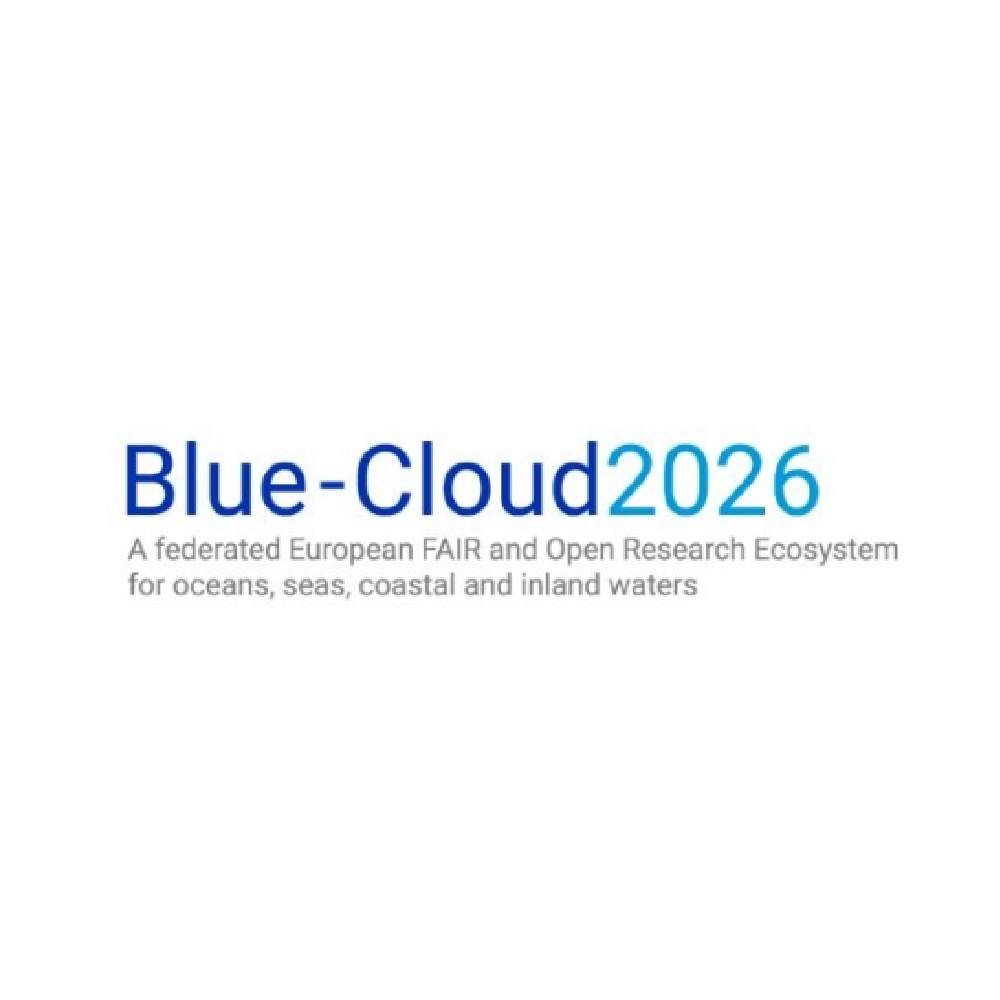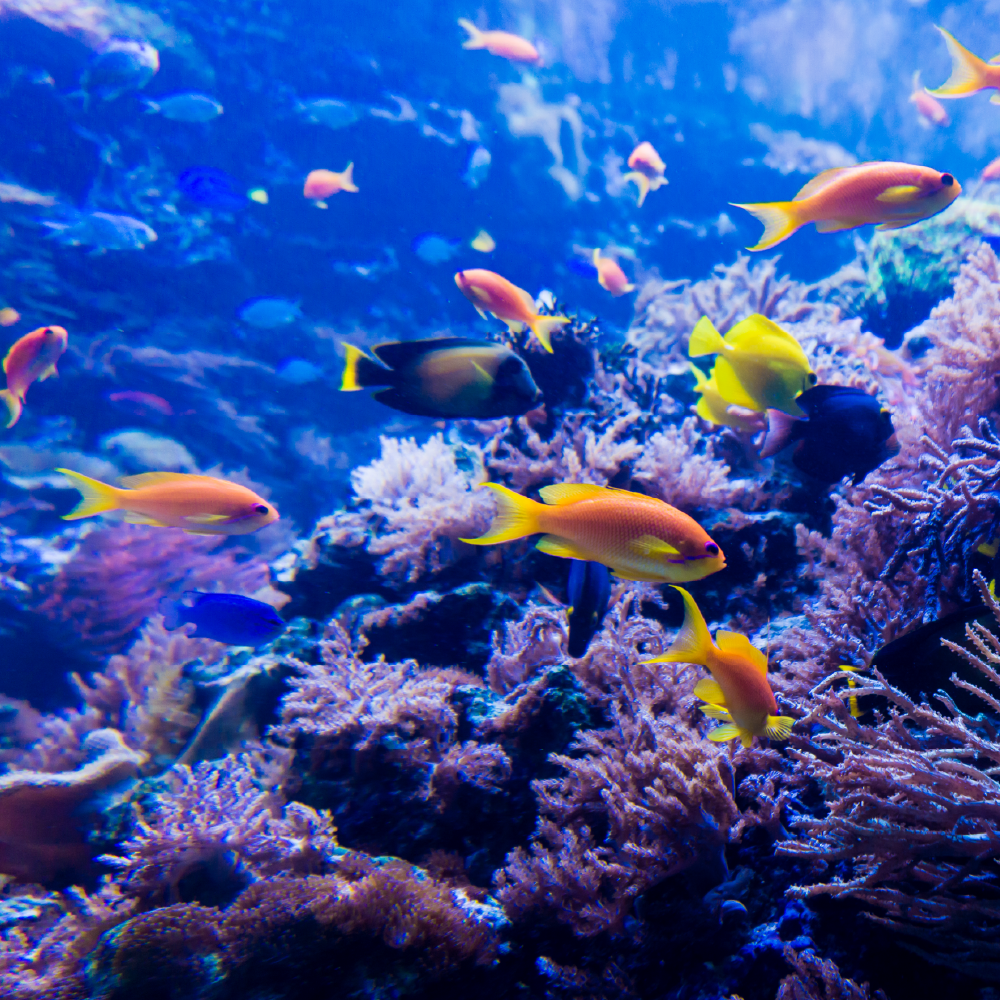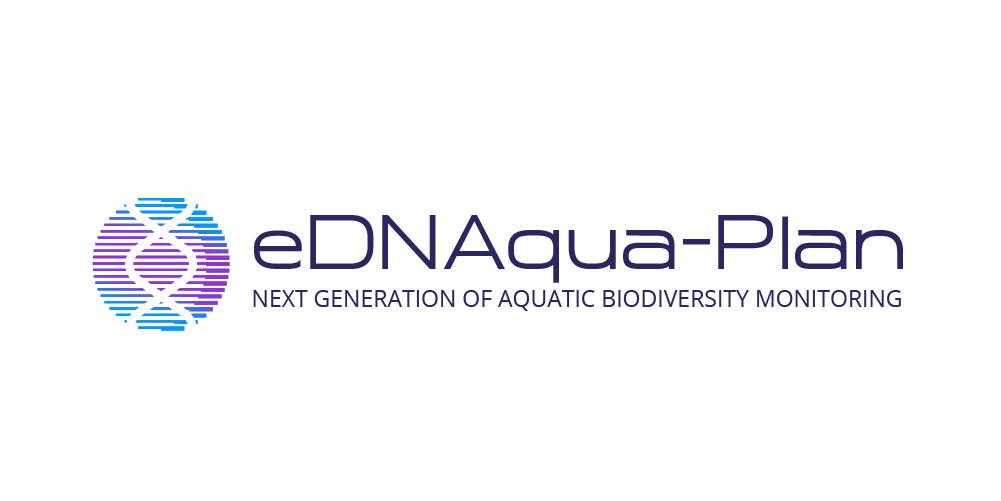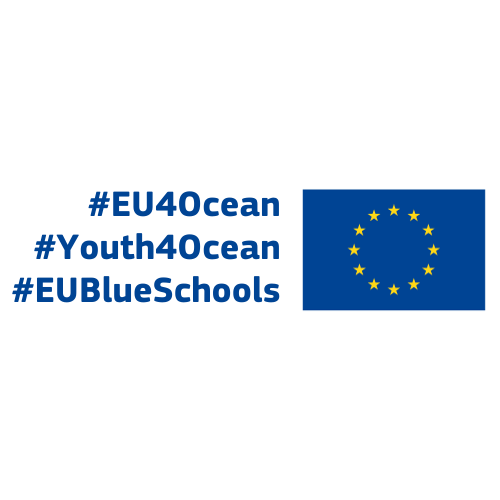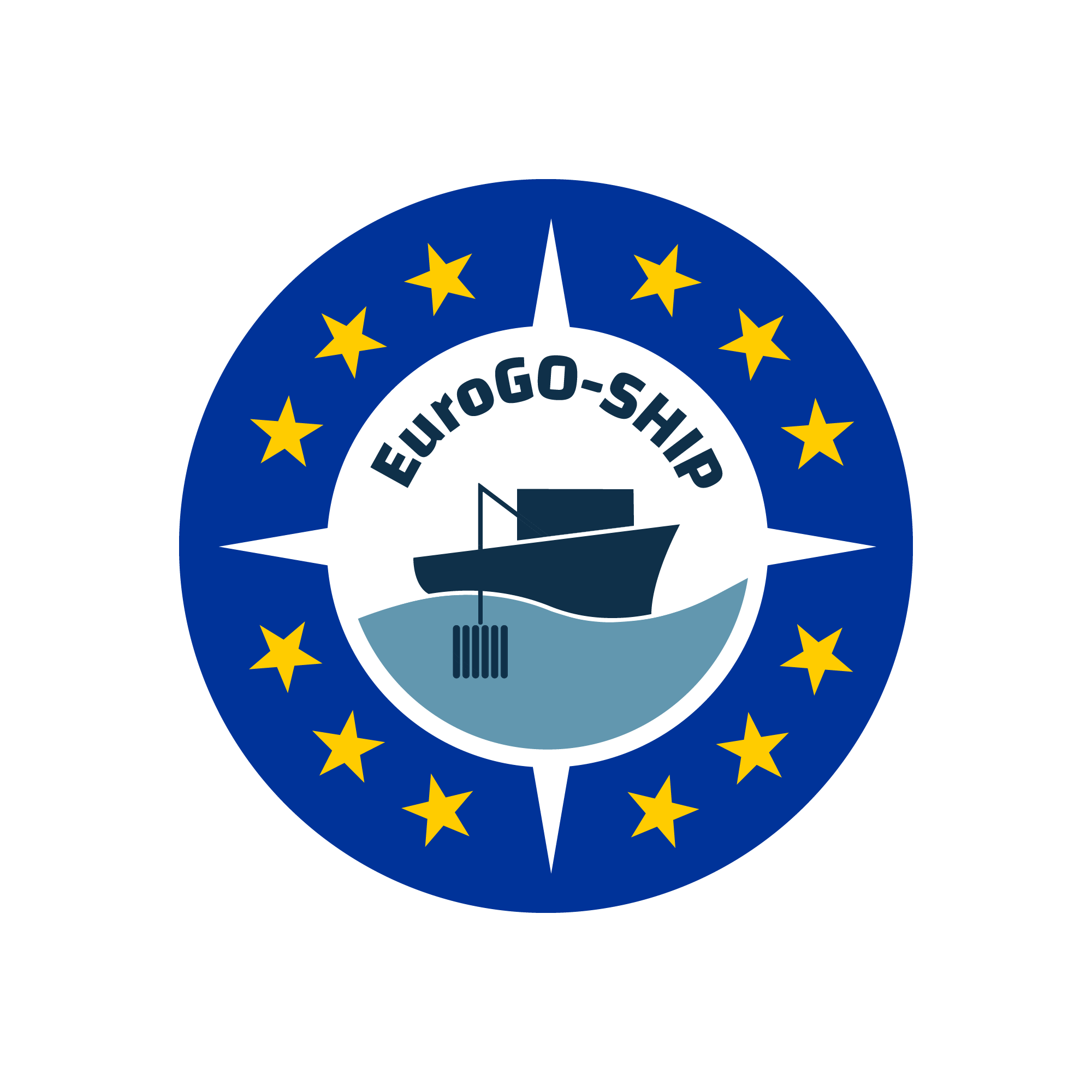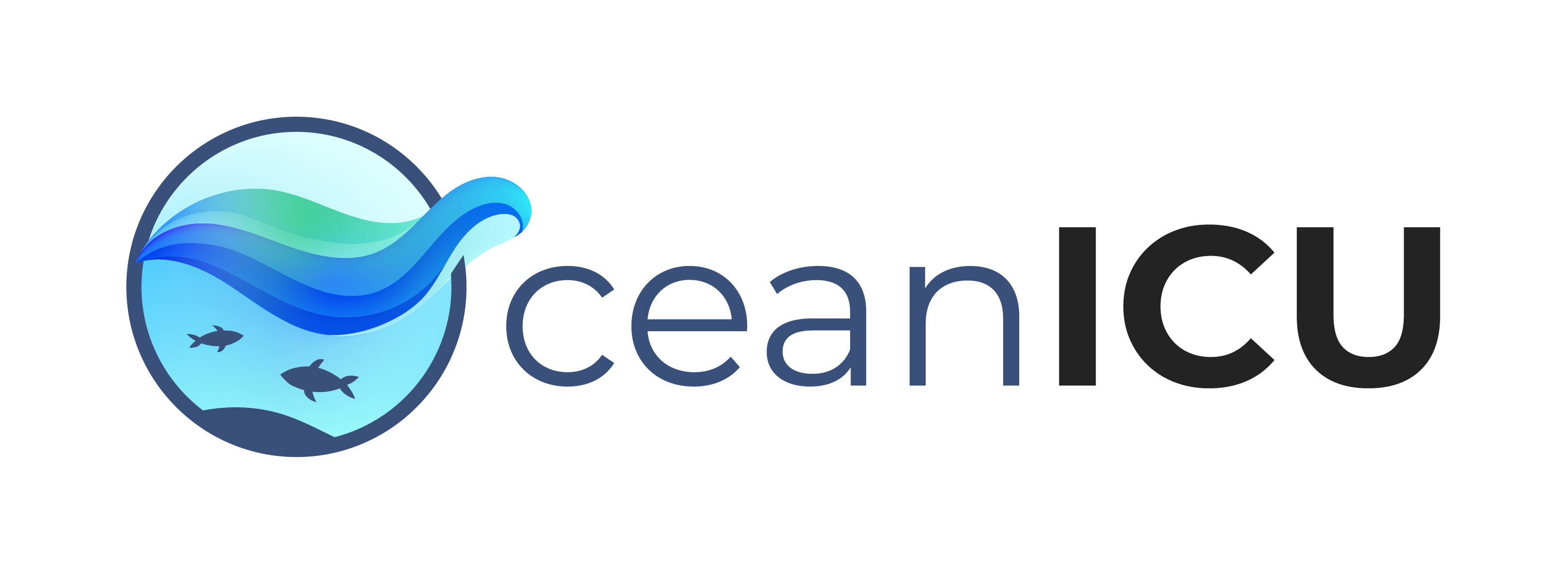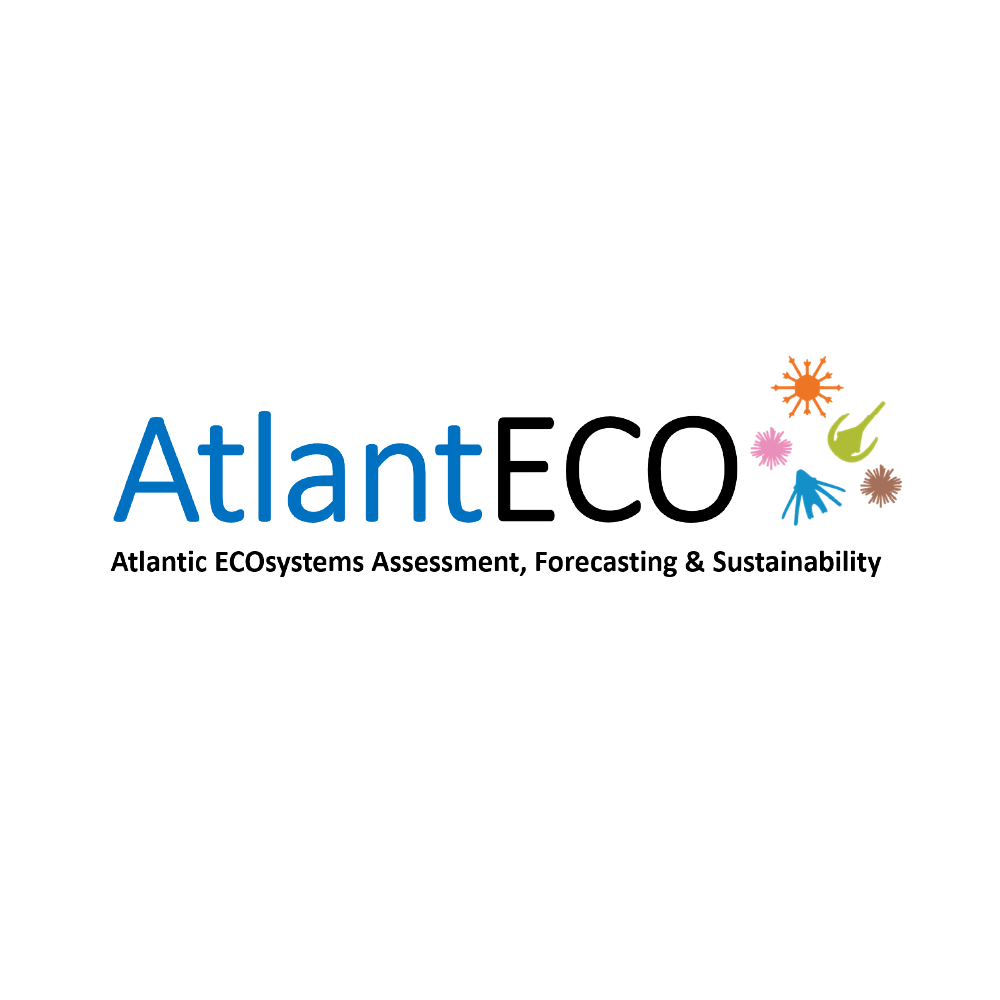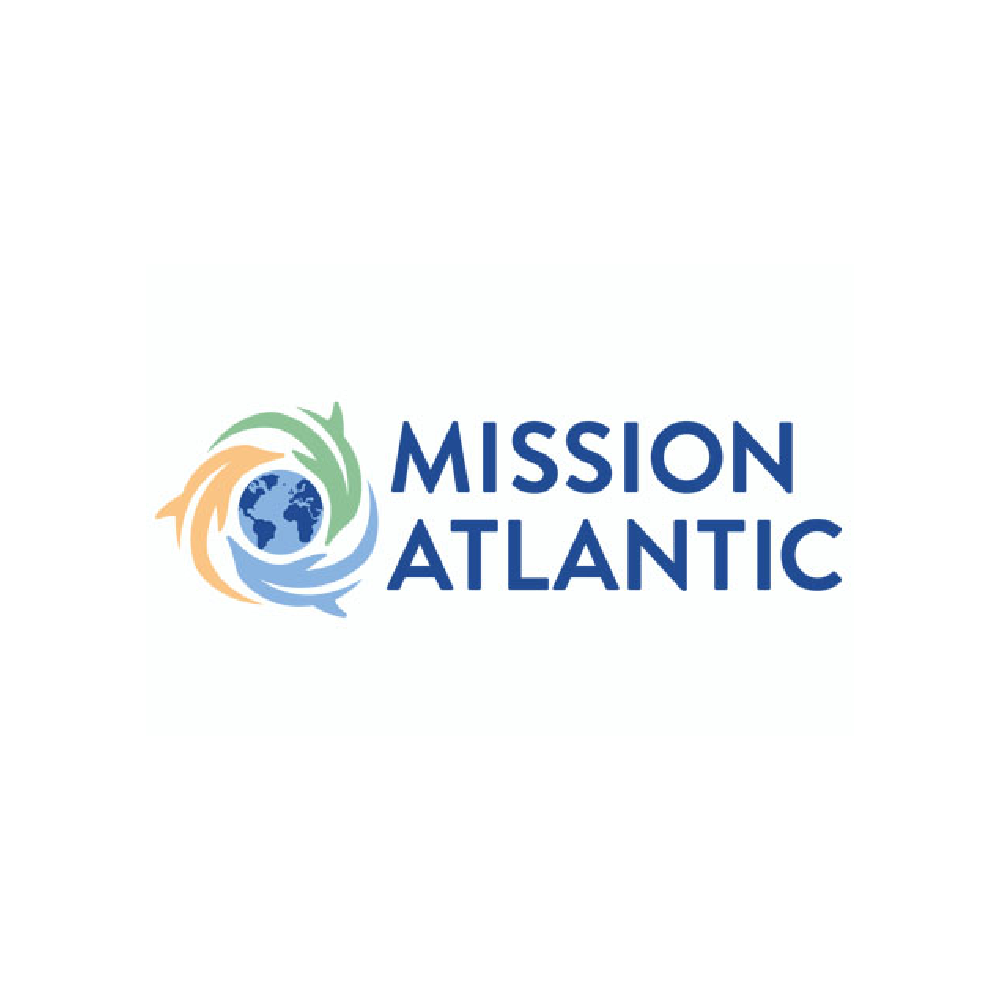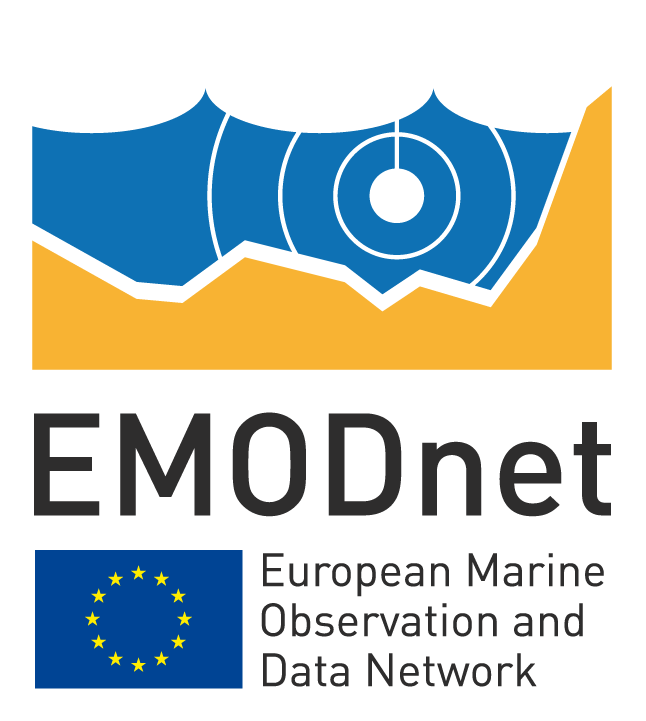The European Marine Observation and Data Network (EMODnet) is a network of European organisations working together to observe the oceans, to make the collected marine data freely available and interoperable, to create seamless data layers across sea-basins and to distribute the data and data products through the Internet. The primary aim of EMODnet is to unlock existing but fragmented and hidden marine data and make them accessible for a wide range of users including private bodies, public authorities and researchers.


